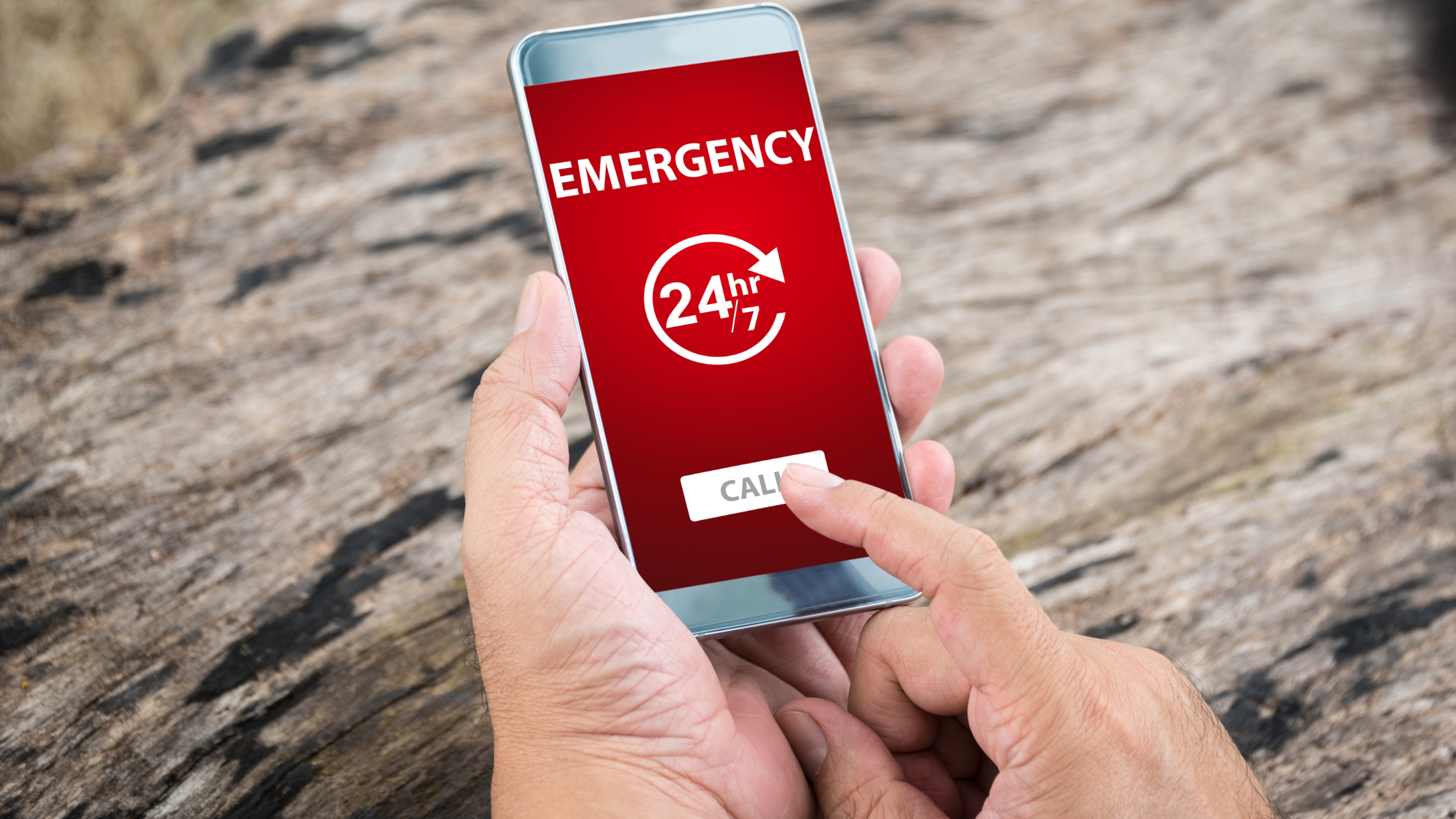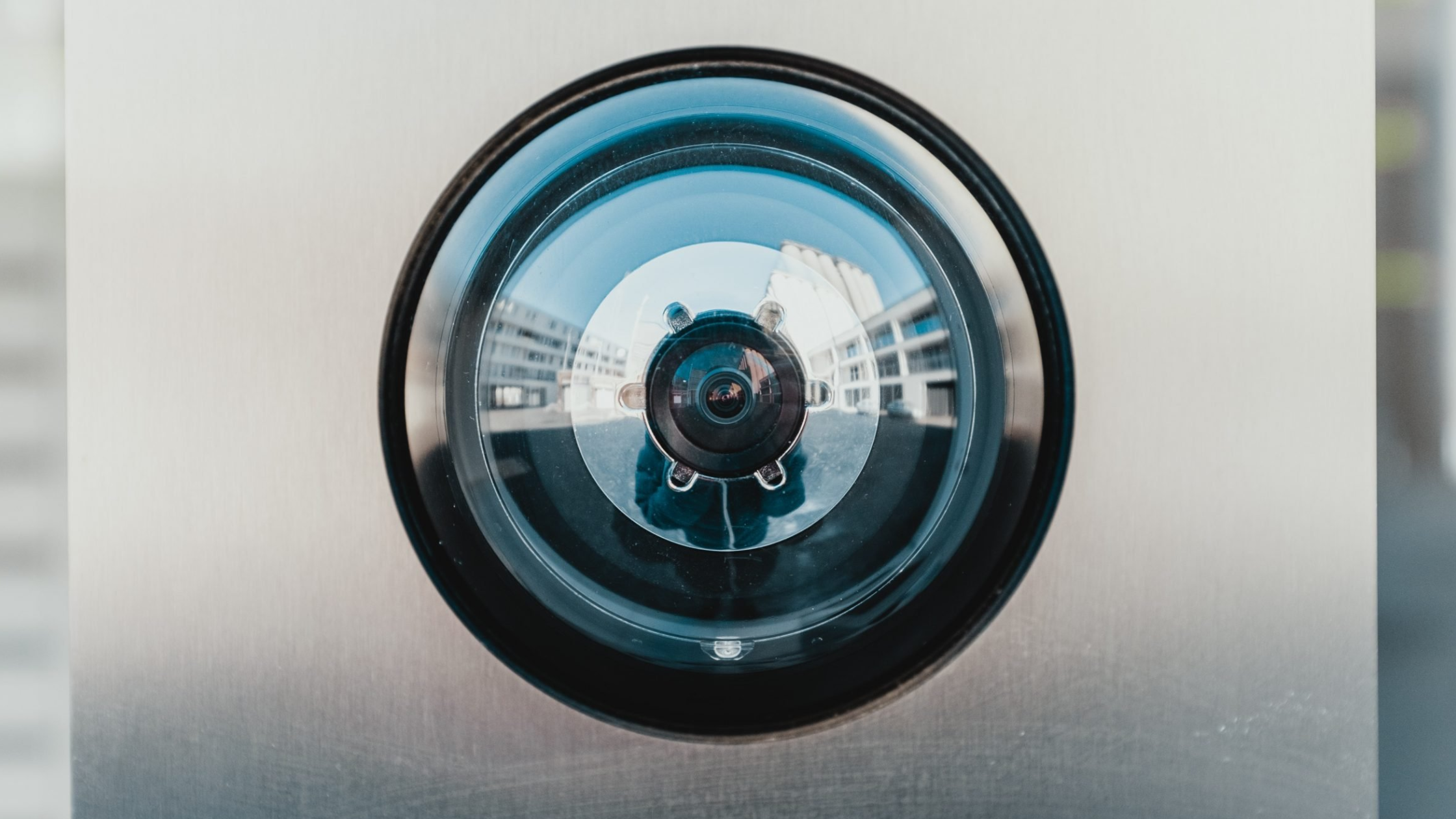Disasters and emergencies can strike at any time, without warning, and it’s crucial to be prepared. Whether it’s a natural disaster like a hurricane or an unexpected event like a power outage, having a plan in place can help you and your loved ones stay safe and minimize the impact of the situation. In this blog, we’ll go through the steps you need to take to be ready for any emergency that may come your way.
Make A Plan

The first step in preparing for an emergency is to make a plan. This plan should include what you and your family will do in case of an emergency, where you will meet, and how you will communicate with each other. You should also include important phone numbers and addresses, such as the phone numbers of your family members, your doctor, and local emergency services. It’s a good idea to write down this information and keep it in a safe place, like a fireproof safe or an emergency kit.
Assemble an emergency kit
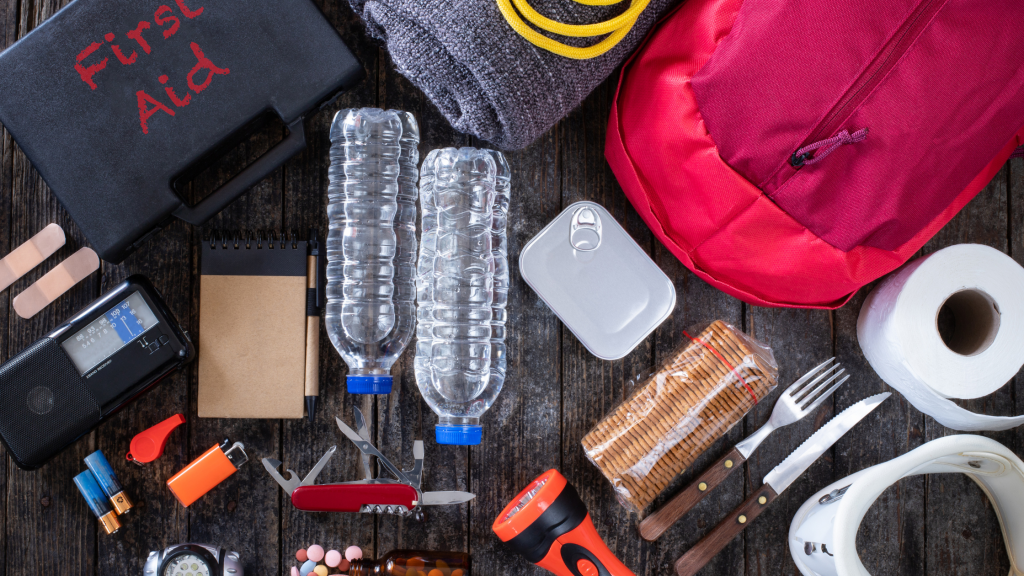
Having an emergency kit on hand can help you and your family be prepared for any situation. Your kit should include essentials like water, food, medicine, and a first-aid kit, as well as items like a flashlight, batteries, and a radio. It’s important to keep your emergency kit up-to-date and to regularly check the expiration dates of the items in it.
Stay informed
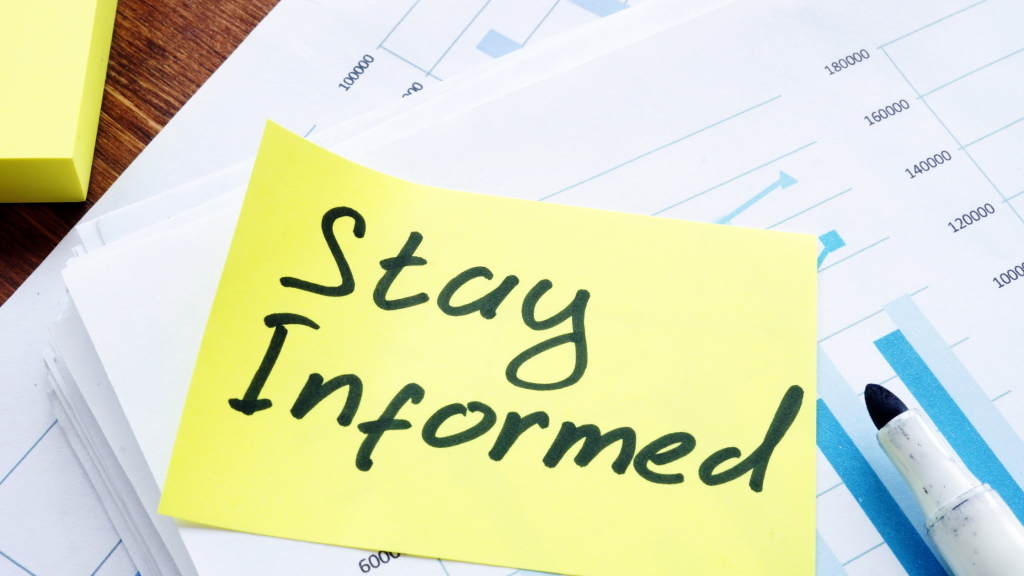
Staying informed about the situation is crucial in an emergency. Make sure you have a battery-operated radio and extra batteries, and listen to local news stations for updates. You can also sign up for emergency alerts from your local government or the National Weather Service. These alerts will let you know if there is an imminent threat to your area and what you should do.
Know your evacuation route
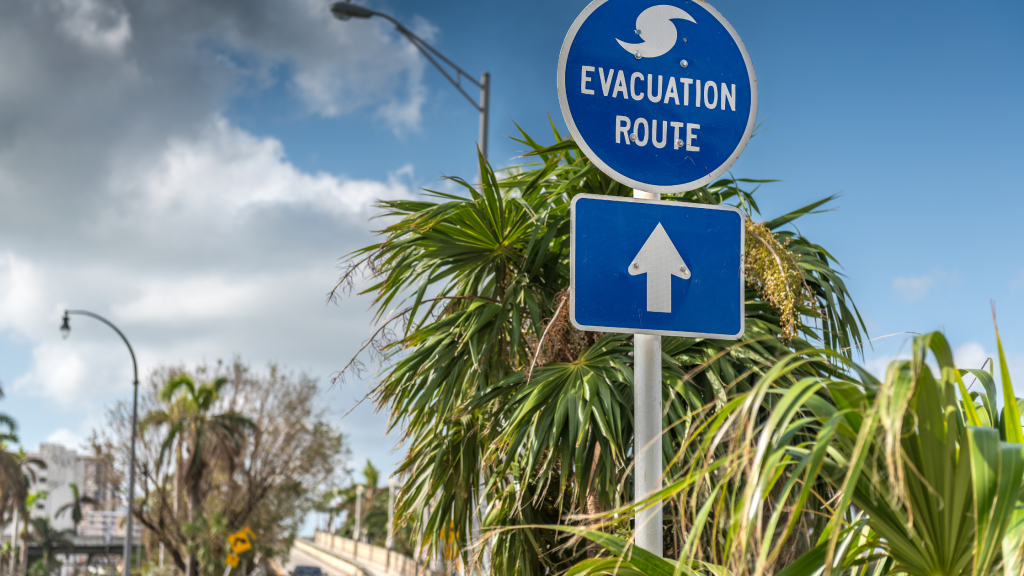
If you need to evacuate, it’s important to know the route you should take. You should also know where you can go for shelter and what you need to take with you. Make sure you and your family know the evacuation route, and practice it periodically.
Be prepared for different types of emergencies
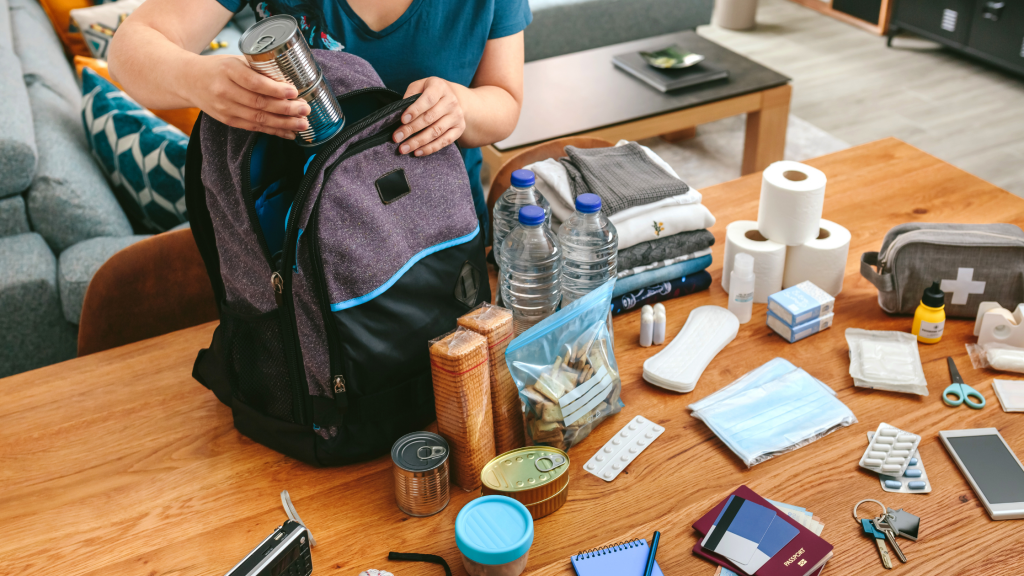
Different types of emergencies require different responses. For example, in case of a fire, you should evacuate immediately, while in case of a power outage, you should turn off all electrical appliances and unplug them. It’s important to know how to respond to different types of emergencies and to be prepared for them.
In conclusion, being prepared for an emergency can help you and your loved ones stay safe and minimize the impact of the situation. By making a plan, assembling an emergency kit, staying informed, knowing your evacuation route, and being prepared for different types of emergencies, you’ll be ready for anything that comes your way.

